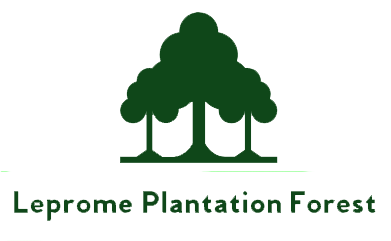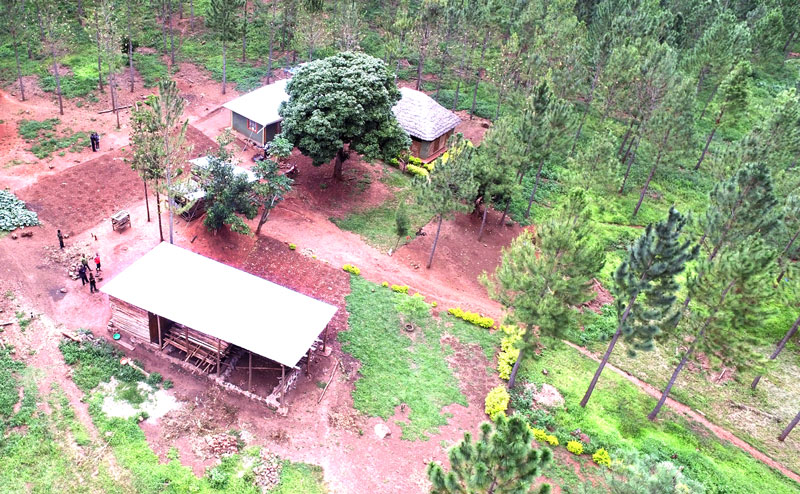Ecotourism in Uganda
Ecotourism is a new phenomenon in the world as is in Uganda – dates back in the 1990’s. It involves such activities as Nature guided Walks, Bird Watching, Village/community Walks, forest walk, butterfly watching, sport fishing, mountaineering/hill climbing, Gorilla tracking, Chimp tracking, game viewing, boat cruises, canoeing, caving, scenery viewing/nature photography, primate watching/walk, and any other aspects that relate to Natural, Cultural and Rural tourism. The ecotourism destinations in Uganda include all the ten national parks, wildlife and game reserves, forest reserves, events/cultural centers, community wetlands, Theme parks, resorts, and important bird areas.
Current status and trends
With the development of activities like Gorilla tracking, Chimpanzee tracking, Birding, Forest / Nature Walks, cultural trails etc; Uganda has taken significant steps in what scholars may regard as a shift from the traditional tourism to responsible travel to ecologically sensitive areas. The liveliest example of an ecotourism initiative in Uganda is KAFRED (Kibale Association for Rural and Economic Development) – a Community Based Organization which is entirely managed and run by the local community. It was initiated with the main theme of protecting Bigodi wetland (adjacent to Kibale Forest National Park) while advancing health, education and economic growth in the wider local community. 100% of employees are from the community and the participatory planning of the organization includes members and representatives of homesteads neighbouring the swamp.
The project has contributed towards the conservation of the wetland and the park at large and raising the socioeconomic standards of the people through setting up a tourist reception; construction of the wetland board walk; advancing conservation practices in area’s primary schools including Bigodi, Busabura, Busiriba, Kiyoima, etc; training local guides, formation and supporting women groups like the Bigodi women’s groups, Enyange drama actors etc. All this has improved on the image of the area and created conservation awareness amongst the local people.
Ecotourism benefits in Uganda
The benefits of ecotourism are divided into three; i.e. environmental, economic and socio-cultural benefits. The following represent the general benefits of ecotourism to the communities and the host governments.
Preserves the natural resource by undertaking environmentally friendly activities
Employment opportunities for the local people working as guides, staff in parks and other establishments adjacent to the resource
Increased household income from the sale of handcrafts and other food items
Enhances awareness, improvement of the social infrastructure like schools, libraries, health care Institutions through involving the local people in participatory planning programs and channeling tourism income to community projects
Improvement in local community access hence reducing the feeling of solitude among the local people. There will be development of pride, appreciation, understanding, respect for each others’ culture, increasing self esteem of hosts and tourists and the preservation of local traditions.
SOURCE: www.ecouganda.com
READ FULL STORY: (https://www.ecouganda.com/ecotourism-in-uganda)

